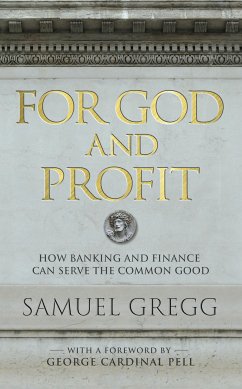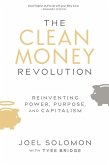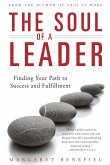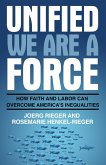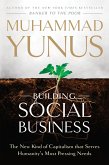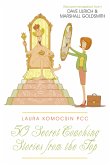From Christianity's very beginning, it has had a difficult relationship with the world of money. Through developing sophisticated understandings of the nature and wealth-creating capacity of capital, Christian theologians, philosophers, and financiers exerted considerable influence upon the emergence and development of the international financial systems that helped unleash a revolution in the way the world thinks about and uses capital. In For God and Profit, Samuel Gregg underscores the different ways in which Christians have helped to develop the financial and banking systems that have helped millions escape poverty for hundreds of years. But he also provides a critical lens through which to assess the workings-and failures-of modern finance and banking. Far from being doomed to producing economic instability and periodic financial crises, Gregg illustrates that how Christian faith and reason can shape financial practices and banking institutions in ways that restore integrity to our troubled financial systems.
Dieser Download kann aus rechtlichen Gründen nur mit Rechnungsadresse in A, B, BG, CY, CZ, D, DK, EW, E, FIN, F, GR, H, IRL, I, LT, L, LR, M, NL, PL, P, R, S, SLO, SK ausgeliefert werden.
Hinweis: Dieser Artikel kann nur an eine deutsche Lieferadresse ausgeliefert werden.

